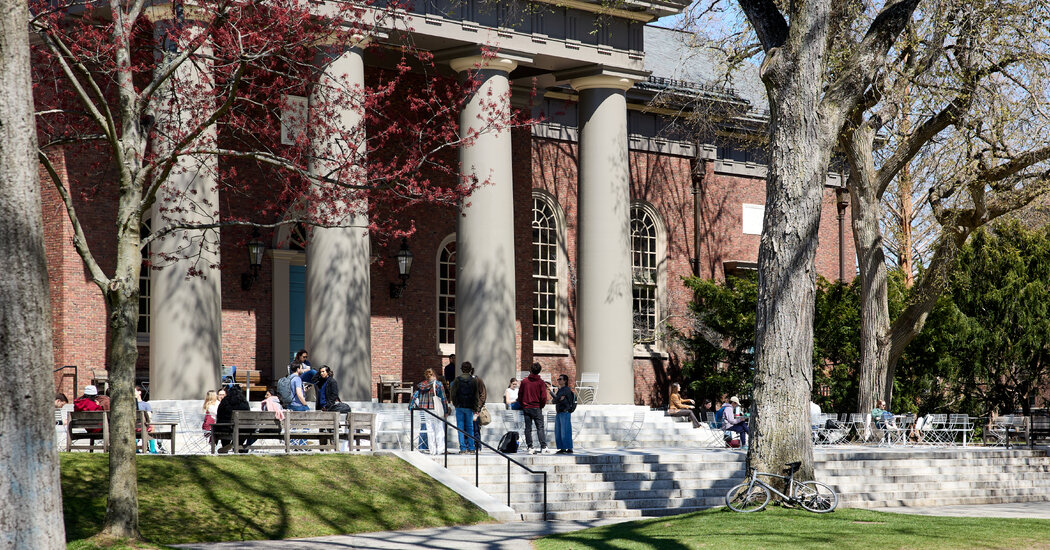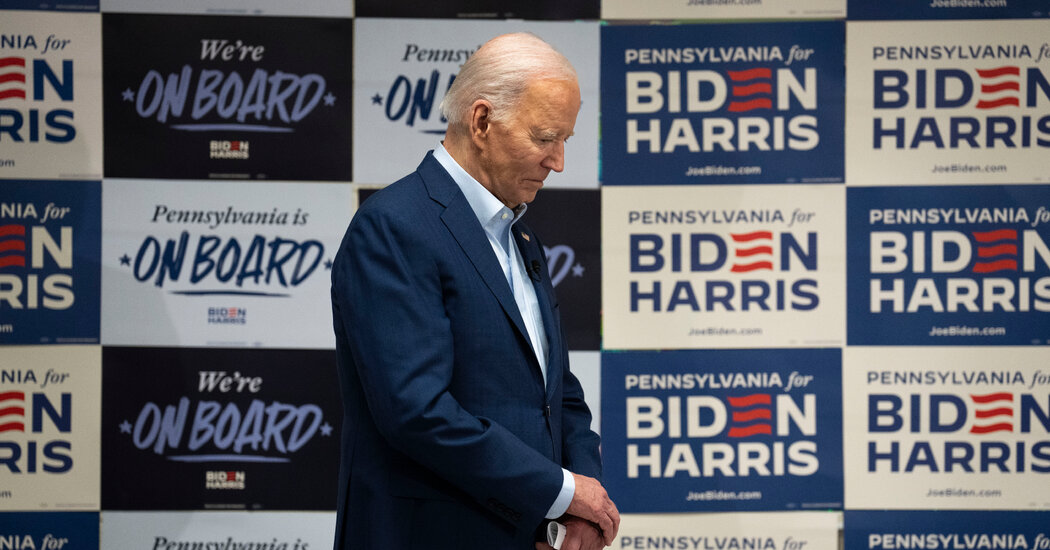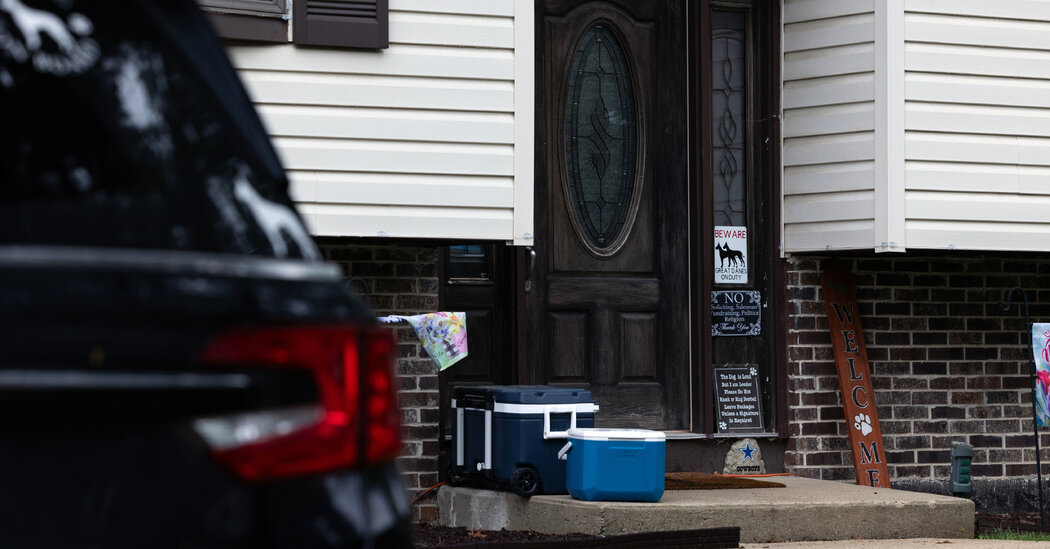In the White House’s campaign against Harvard University, the punishment came swiftly.
The Trump administration has frozen $2.2 billion in grants to the school, while seeking to exert unprecedented control over hiring, impose unspecified reforms to its medical and divinity schools, block certain foreign students from enrolling and, potentially, revoke its tax-exempt status.
It is a broadside with little precedent. And, as with the White House’s other attacks on universities, colleges and even K-12 schools, the legal justifications have been muddled, stretched and, in some instances, impossible to determine.
“It’s punishment before a trial, punishment before evidence, punishment before an actual accusation that could be responded to,” said Ted Mitchell, president of the American Council on Education and the U.S. Department of Education’s third-ranking official during the Obama administration. “People talk about why higher ed hasn’t responded. Well, how can you fight a shadow in this way?”
The legality of each threat varies. In more typical times, some of the individual punishments might be validated by lengthy investigations in which a university would have a right to defend itself.
Advertisement
SKIP ADVERTISEMENT
But taken together, law professors and education experts said, the immediacy of the sanctions and threats conveyed an unmistakable hostility toward Harvard and other schools in the president’s sights. The broad vendetta, they said, could weaken the legal argument for each individual action.
“You can’t make decisions — even if you have the power to do so — on the basis of animus,”said Brian Galle, a Georgetown University law professor who teaches about taxation policy and nonprofit organizations. “Those aren’t permissible reasons that the government can act. And so what’s interesting about the fact that it’s doing all of these things to Harvard at the same time, is that undermines the legitimacy of each of them individually.”
Subscribe to The Times to read as many articles as you like.




